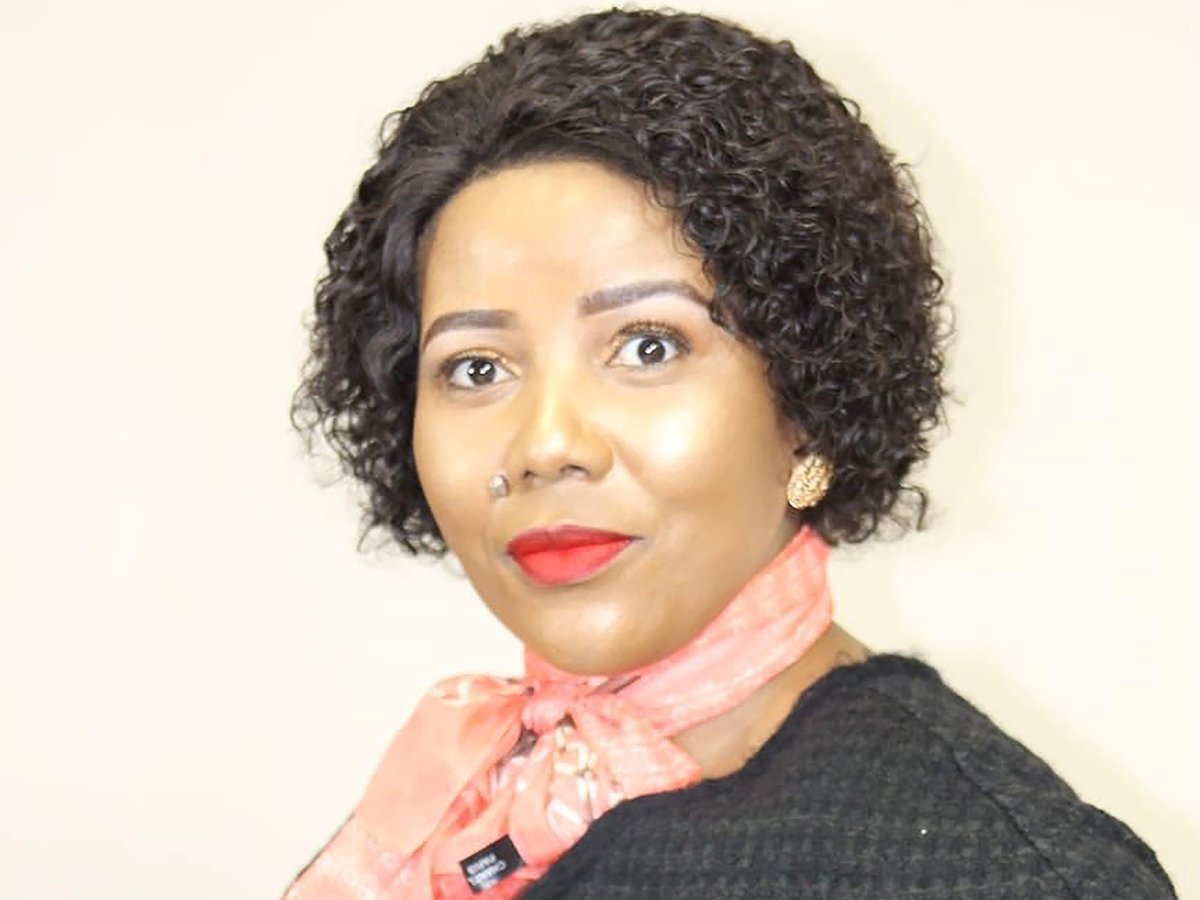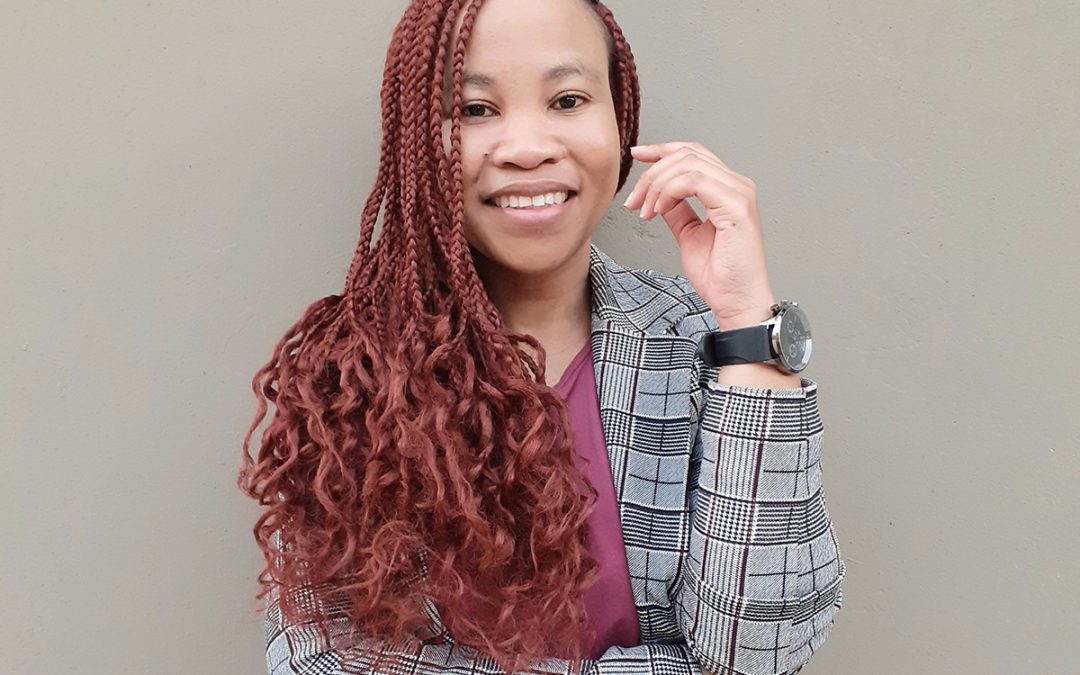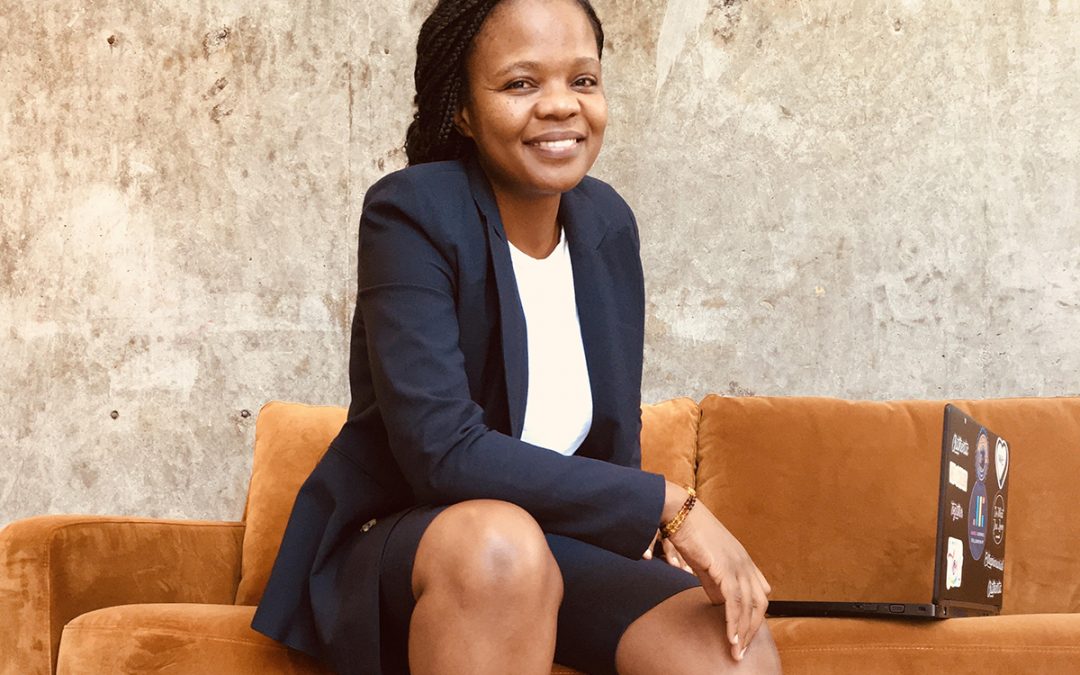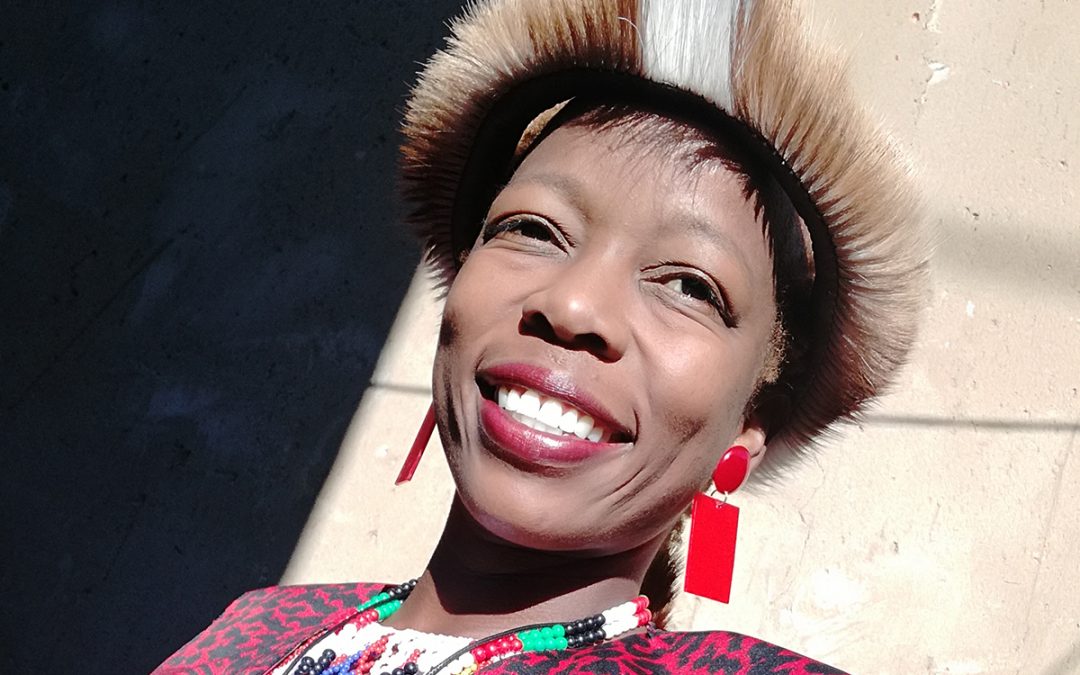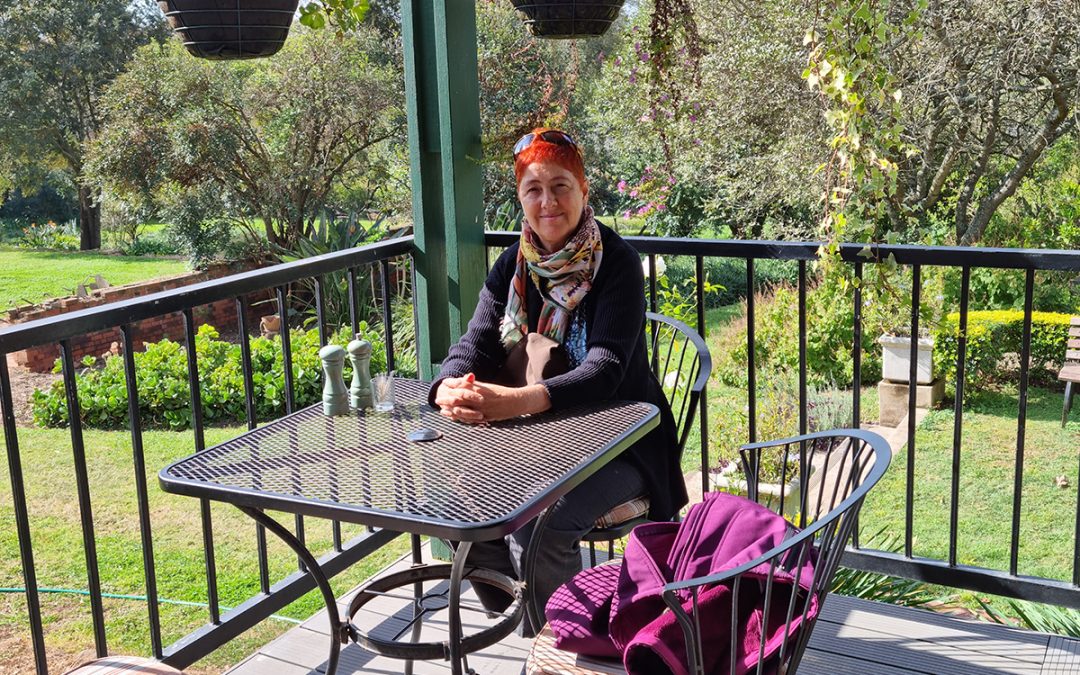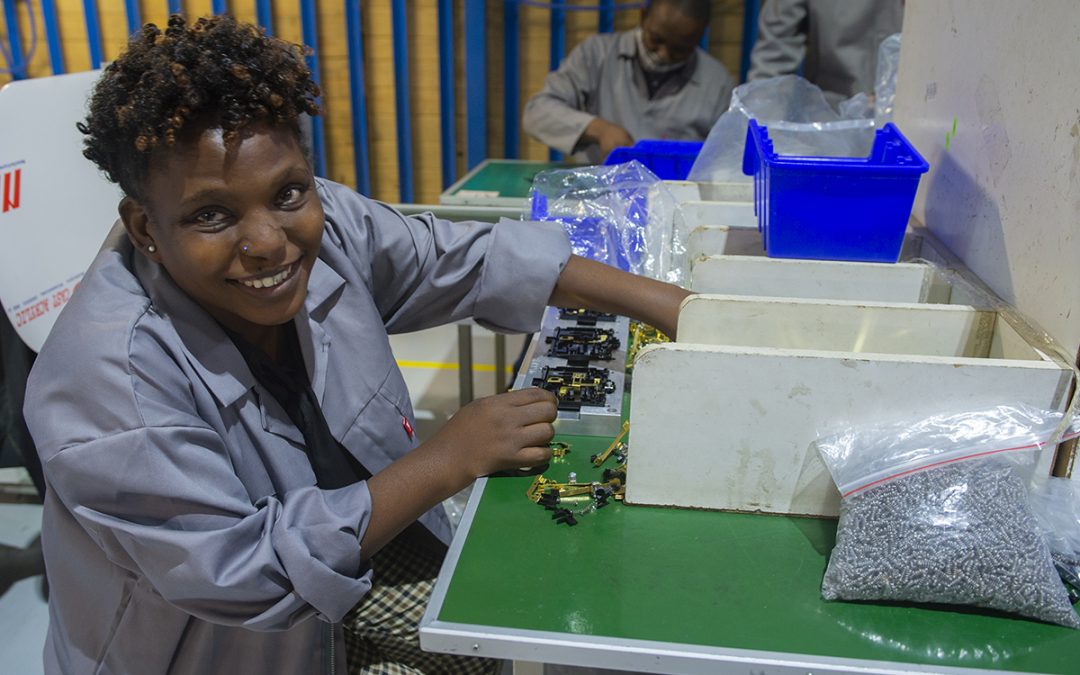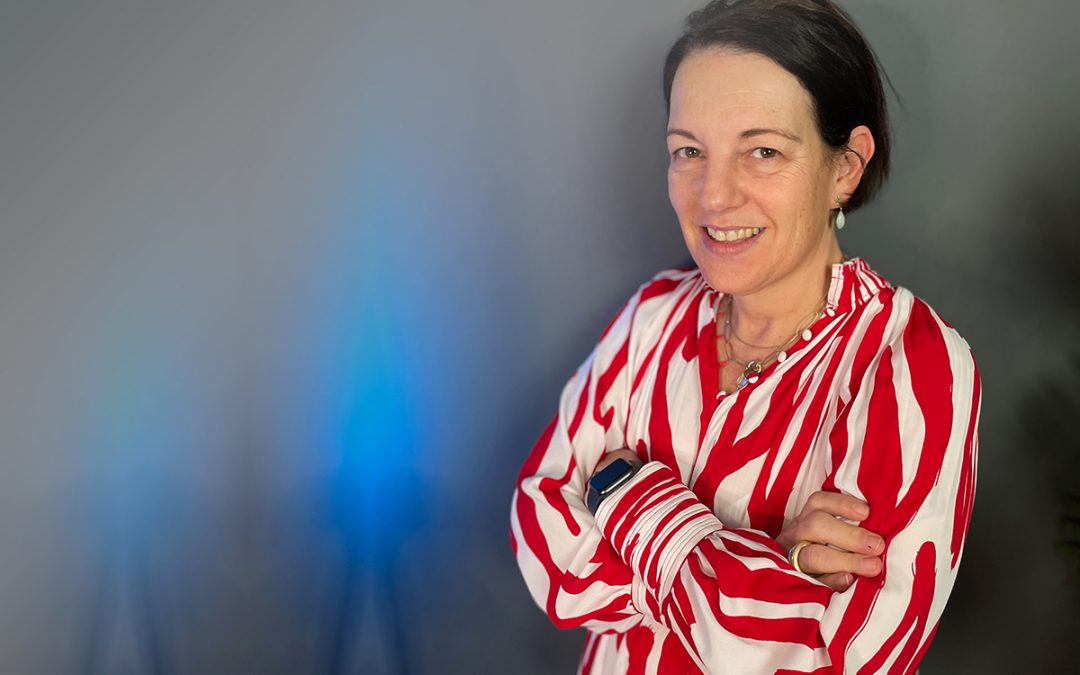The Paris Agreement has given South Africa a target to limit global warming to 1.5°C by reducing greenhouse emissions — but the slow pace of transition to renewable energy means the country is far behind this target.
Research into the rapidly expanding field of renewable energy is what keeps Lusanda Ngesi switched on. She holds the position of environmental management manager at Eskom.
Erratic weather patterns resulting from climate change can have devastating effects on farming. Fluctuating sea levels and increased temperatures are threatening human safety, food safety and water security. Climate change will affect all of us. A strategy against environmental degradation must come from both the public and private sectors, observes Ngesi. “I think each organisation has an important role to play and should have sustainable business strategies incorporated into their operations. What’s needed is commitment and sufficient willpower.”
A new report from the International Institute for Sustainable Development suggests that Eskom can be a leader in South Africa’s transition to renewable energy. “The time is now,” urges Ngesi. “We need to act decisively.” Time is of the essence and Ngesi remains confident that Eskom’s aim to have net zero emissions at the organisation by 2050 is achievable.
The male-dominated territory of earth and environmental science has been a challenging environment to navigate from the get-go.
Ngesi says that as a woman in her field, she is open to scrutiny and subjected to double standards. Stereotypes about women are still prevalent. “We are seen as fragile. There’s an assumption that we don’t understand the more complex science.”
She traces her interest in South Africa’s primary energy provider to competing in a contest where she built the Eskom towers using straws. It was the Eskom Expo for Young Scientists, and her group placed second. The Eskom Expo for Young Scientists has a rousing message for young South Africans interested in science.
“Our programme helps each boy and girl to become a responsible and independent young scientist, one who is a creative thinker, respectful of themselves and others, and appreciative of the differences among people.”
Years later, still fanatical about plants, biology and the environment, Ngesi is a horticulture student. When a lecturer mentioned an internship at Eskom, her interest was piqued. She applied and was accepted. “It changed everything. A girl from the village — it was a dream come true.” There was one hitch: “Eskom wasn’t employing horticulturists at that time.” Undeterred, she kept the image of Eskom “firmly in my mind. I didn’t stop dreaming about it.”
Ngesi is an example to never let go of a dream. “I am a strong believer that whatever you set your mind to is possible, because somehow the opportunity became available.”
She ignores the naysayers and people who question her ambitions. “My peers laughed at me every time I said I would work for Eskom because truly it was a far-fetched idea … Yet here I am,” she says.
I am a strong believer that whatever you set your mind to is possible.

